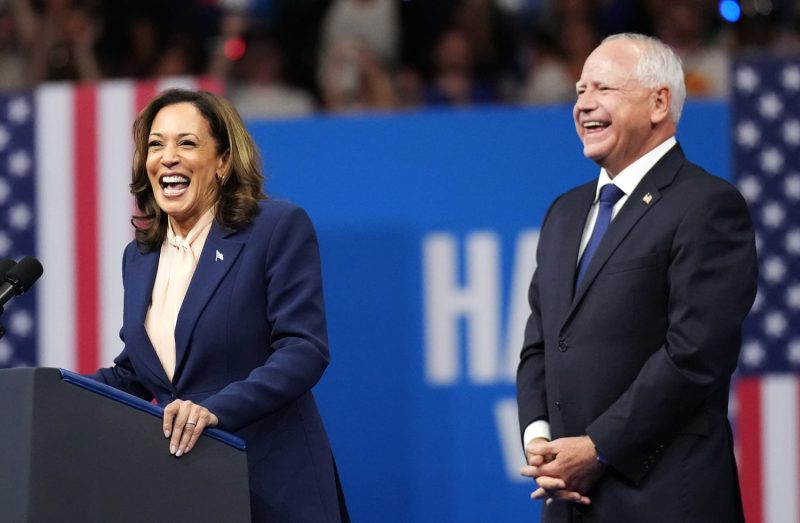In a surprising turn of events, several local Teamsters groups across the country have come forward to announce their endorsement of Vice President Kamala Harris for the upcoming election, following the national union’s decision not to officially endorse any candidate at this time. This unexpected development highlights the increasing significance of local branches in influencing political decisions and signals a potential shift in the dynamics of union endorsements.
The decision by these local Teamsters groups to publicly endorse Vice President Harris showcases the diverse perspectives within the union and represents a departure from the traditional top-down approach to endorsements. While national unions typically play a prominent role in endorsing political candidates on behalf of their members, the move by these local chapters underscores the importance of grassroots activism and autonomy within the organization.
The endorsements also underscore the significance of Vice President Harris’ platform and policy proposals in resonating with working-class Americans, particularly union members. Her emphasis on issues such as fair wages, workplace protections, and economic equity has struck a chord with many individuals within the labor movement who see her as a champion for their interests.
Moreover, the decision by these local Teamsters groups to endorse Vice President Harris despite the national union’s neutrality speaks to the evolving nature of political endorsements within the labor movement. It suggests a growing willingness among local chapters to assert their own preferences and priorities, rather than solely relying on centralized leadership for guidance.
The endorsements are likely to have ramifications beyond the realm of electoral politics, potentially influencing the internal dynamics of the Teamsters union and shaping its future direction. The divergence between local and national stances on candidate endorsements could spark discussions within the organization about the decision-making process and the extent of autonomy granted to individual chapters.
Overall, the endorsements by these local Teamsters groups signify a broader trend towards grassroots activism and decentralized decision-making within the labor movement. By taking matters into their own hands and publicly supporting a candidate of their choice, these local chapters are asserting their agency and shaping the union’s political engagement in a distinctive and impactful manner.


























